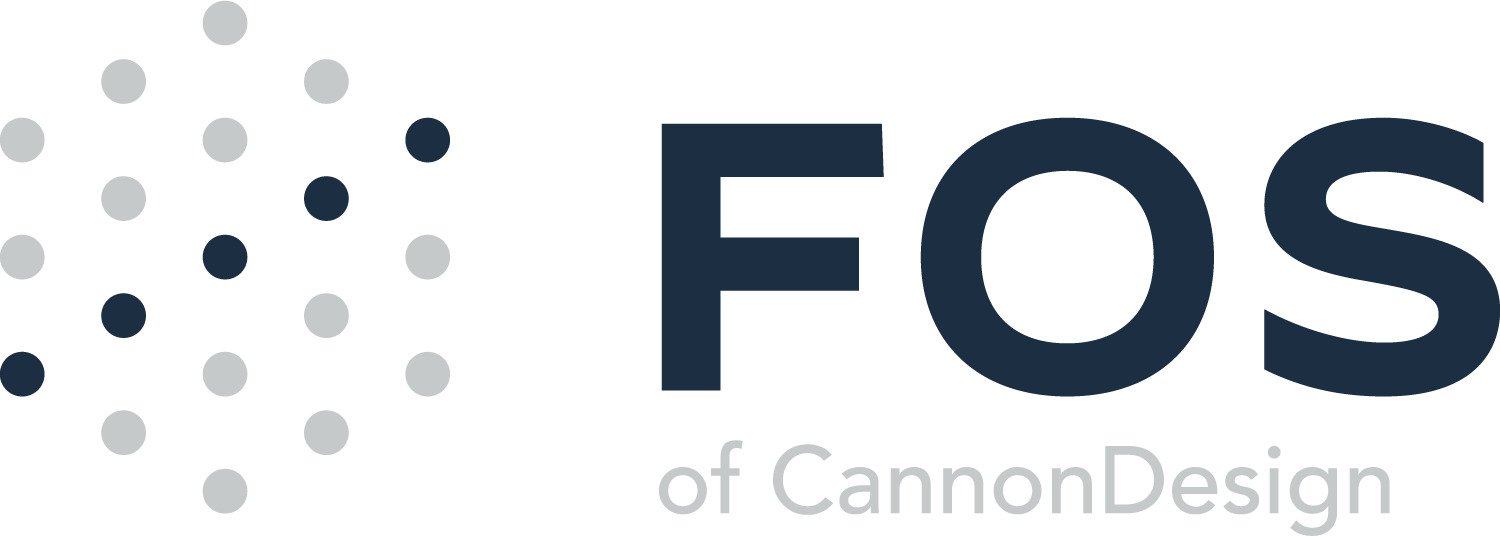Building a Solid Foundation —
Navigating the World of Construction Cost Estimating with a Comprehensive Database
Construction cost estimating has been a core competency of our firm since its inception. With extensive experience from benchmark cost modeling to construction documents estimates, deferred maintenance, facilities renewal, software development and life-cycle cost analysis — our people have helped improve construction and capital programs around the world.
Our cost estimating team has curated a comprehensive construction cost dataset, leveraging decades of manufacturer and supplier pricing, local general contractor / subcontractor costs, various industry labor resources, and historic project bids / final costs. This cost dataset is used as the basis for building construction cost estimates, deferred maintenance deficiency costs, and the Unit Price Books (UPBs) we publish for each of our clients’ Job Order Contracting (JOC) programs. We continually monitor economic conditions, material vendor quotes, ongoing construction bids, completed project final costs, and nationwide prevailing wages to keep our database updated.
Some of the benefits of a comprehensive database include —
Cost Estimation
A database is critical for efficient and accurate project cost estimates. By aligning database units with project units, such as cubic yards of concrete, linear feet of pipe, or square feet of flooring, project managers and estimators can calculate costs more precisely (and have an overall greater ability to maintain a transparent and auditable Job Order Contracting program).
Negotiation
For contracts that are based on unit prices, a database serves as a valuable negotiation tool between parties. It provides transparency in pricing and helps to resolve disputes or disagreements more effectively.
Risk Management
The detailed breakdown of costs in a database helps identify high-cost items, potential cost overruns, and project risks. This enables project managers to allocate resources more effectively and mitigate potential financial risks.
Budgeting
A flexible database with various levels of detail allows contractors and estimators to quickly generate budgets for potential projects without having to create or re-create new items every time. This saves time and effort and allows for a more consistent response to budget requests.
Reference & Resource
A database can be used as a training tool for new estimators or team members, helping them understand the pricing structure and standardization of the organization. Additionally, it serves as a reference guide for experienced professionals.
Change Management
When changes occur during a project, utilizing a database helps in calculating the cost impact of those changes more accurately. This is particularly useful when handling change orders with subcontractors. Tracking expenses and comparing actual costs with estimated costs allows for better budget management and cost control throughout a project lifecycle.
Historical Data
Over time, a database accumulates historical data on projects, providing insights into the performance and cost trends of different tasks. This information can be used to refine estimates and improve future project planning.
It's common in the industry to utilize a regionalized version of nationally published data or a generalized price guide for construction cost estimating. The database we developed accounts for real, local material prices, prevailing labor wage rates, market conditions, and construction types. We incorporate information from our projects and verify the data through our Simplebid® job order contracting platform, reconciliations, and project bids. Our pricing includes all labor, materials, and equipment required to accomplish the installation of a specified item. Organizing by various Work Breakdown Structures (WBS) including CSI MasterFormat® and UniFormat®, makes it easy to search and navigate for efficient item identification and selection for estimates and task order price proposals. We work collaboratively with our clients to review our database development methodology and define the appropriate level of detail to support their JOC program, budget, or cost estimate.
Our database is integrated with our Simplebid® software platform to generate a specific unit price book (UPB) for each client which allows users to build their proposals side-by-side with the navigable UPB. In addition to new construction, renovation, and maintenance tasks, the Simplebid® UPB includes demolition tasks and parametric modifiers that are necessary for building complete task order price proposals. Each database line-item makes the UPB intuitive and clear about what each task is intended to accomplish. Our methodology combined with the functionality included in the Simplebid® proposal development and review modules reduce or eliminate the ability to artificially increase job order prices through the addition of unnecessary line items — saving you time and money. Contact us today to learn more about our process or schedule a demo!
About the author.
Bill Grill is the director of our in-house cost estimating group, a team of interdisciplinary professionals maintaining a robust cost database refined over the past forty years. Bill and his team provide ongoing database support so that all local, regional, national, and global economic conditions are reflected. Bill has experience in all markets for projects ranging from small renovations to major $1B+ new construction. As an integral point of leadership and guidance, Bill enables a framework of cost data that is up to date and controlled for quality, allowing long-term market/local conditions to be understood and predicted for the benefit of all FOS clients.


